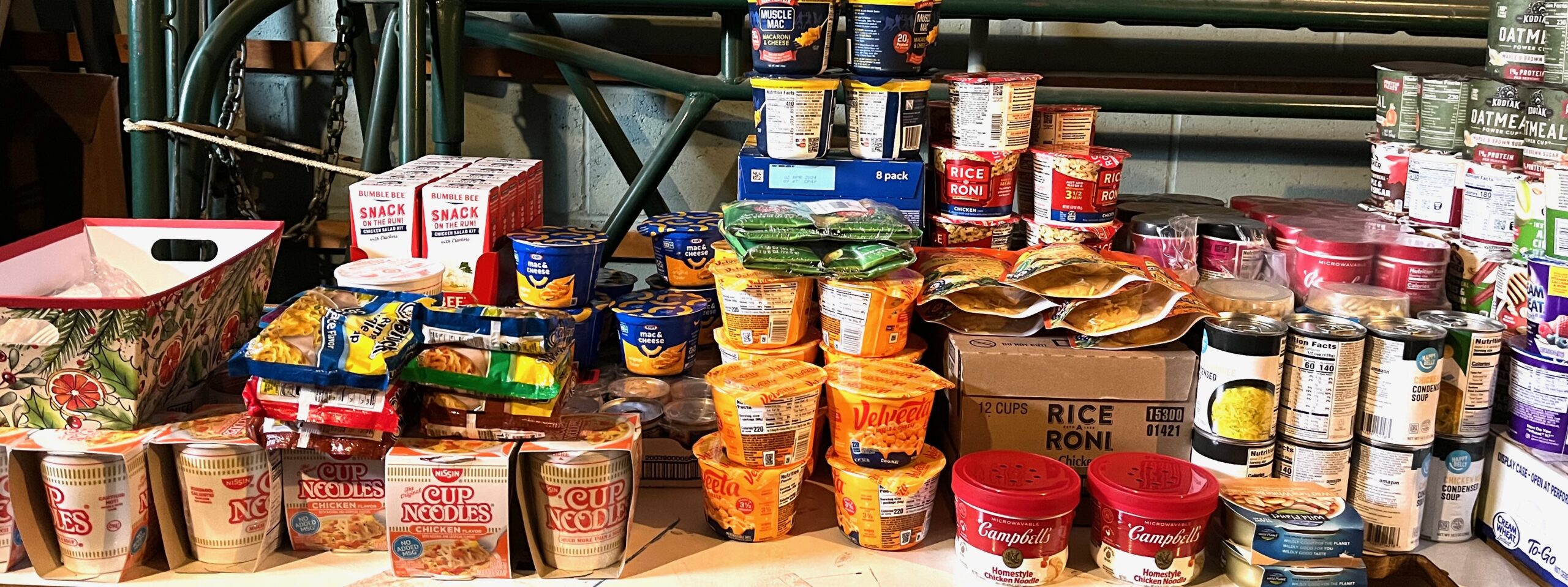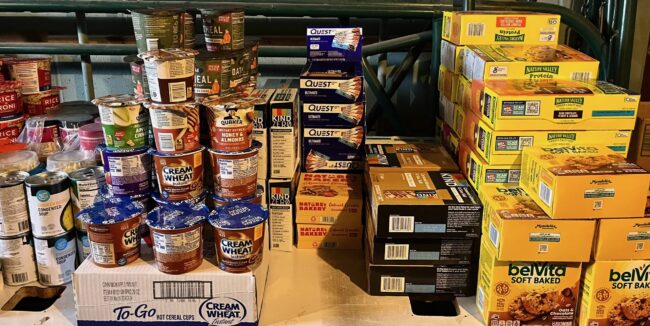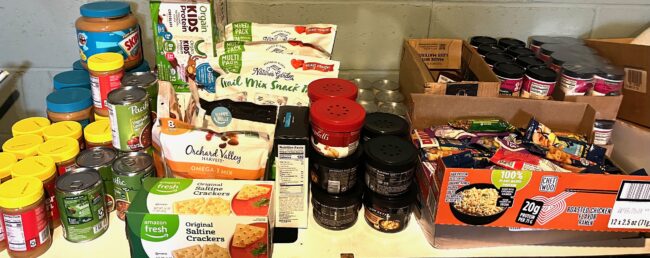The other day, I got a long message from Harold: a lengthy discussion of his argument with his brother-in-law about politics during the holidays. He thought it was insightful and essential. I disagreed. I saw nothing that was useful or relevant to me or my readers.
I didn’t post it on my blog comments because it was too long, too personal, too angry, and in no way about the topic I was writing about, which was my experience with fear. It was clear that Harold did not understand me, my blog, or the purpose of thoughtful and valuable comments. He also didn’t seem to like me.
As often happens online, Harold was outraged that I didn’t post his comments and let me know it. He wrote another message accusing me of being a narcissist who was only interested in dictating but not in publishing the comments of other people. He said I wasn’t interested in communicating with people.
“What do you write for?” he asked, “just yourself?”
Harold got me thinking. He put his finger on it.
My blog is a living memoir, mostly about me, my life, and the people and experiences I encounter. Most of the time, it is about my animals, photos, or my up-and-down struggle to be a better human being and to share what I am learning.
If it were a memoir in print, people would understand it better.
And no, I am not interested in communicating on social media with nasty strangers who know nothing about me. Social media promotes the idea that we all have inalienable rights to say anything to total strangers. No rules or manners apply.
I had a brilliant editor when I worked at the Philadelphia Inquirer; he taught me the “give a shit” rule of good writing. “Whenever you write something,” he told me, tossing one of my essays into a garbage can, “make sure you ask the “give a shit” question before you write anything. You have to always think of other people and whether or not what you write can be of use to others as well as to you. You have to ask “why should anyone care about what I am writing.”
If the answer is there is no reason for anyone to care, then tear up your piece and start again.”
That was excellent advice, and while the blog is about me and my life, I often pause and ask whether my experience and observations have any use for anyone else. I throw a lot of ideas away.
I can tell by my e-mails if I was right or not. I try to only write about things other people experience and to try to ensure there is something of potential use to readers.
“Everything you write,” my editor told me, “should be a gift for someone else, should have something for someone else.”
This lesson taught me to think of other people when I write.
When I write about Zip, which I often do, it’s not just the experience of a cat and me; it’s a connection to the millions of people who love cats and wish to share the experience with me.
Those are the messages from people that I love to post. Good writing is a dialogue, not a lecture. Arguing about my writing or ideas with strangers on social media wastes time. I have fun cat communicating with strangers every day.
In opening up myself to you, I am opening you up to me. That’s what I write about.
When I suggested to Harold that he publish his blog, he disappeared. That’s my secret way to delete someone without a click. Let him put it out there and see how it goes. I wish him well.
People like Harold don’t often seem to want to write their blog using their own time, money, and energy; they want to use mine or others and are often angry, even cruel, in their messaging.
The unfailing rule of writing is simple. If you are writing good things, people will want to read it.
We all put our work out there to live or die. I have no right to demand that anyone read me or publish my writing.
Unhappy people need to learn to do the right thing, as I have, and go somewhere else if they don’t like what they read. Good writing is not about how often I am attacked but how often I write something that makes someone think or feel.
It is the writer’s sharing of his own experience that seeds in a reader a new or different consciousness of what it means to be alive and experience all of the things thinking humans experience.
Good writing is always simple, straightforward, and honest; it always has a gift in there for me.
Harold’s problem is that the blog is about me; I started it, published it, worked on it, and paid for it. What is it supposed to be about?
For me, writing is not just about words, as touching and polished as we are taught they should be. And writing is not about spelling or grammar. It’s about feeling.
Writers are taught to use our talent, if we have any, to capture the attention and interest of other people. You don’t get readers by demanding their attention; you get readers by writing about things that relate to them.
No number of words without meaning or relevance, no thoughts without the power to stretch my worldview or sensitivities, and no thoughts that can be conveyed without hostility can be called writing in my mind.
Good writing is about what’s inside my head, for better or worse, not just what’s rumbling around in my soul.
Last night, I read Joan Chittister’s definition of good writing, and I liked it. She said it better than I have, which would also make good reading for Harold.
“The simple record of an experience is not what makes for great writing,” wrote Chittister. “The log of a person’s trip up a mountain, for instance, may be interesting but not necessarily soul-shaping. The distillation of the climber’s experience brings us to confront our understandings, for example, their depth, to challenge their quality and caliber. It’s the writer who opens our minds to hear the heartbeat of the world that makes writing the sacrament of insight.”
For me, empathy is the key to good writing. Everyone has it worse than I do. Everyone has or will suffer anything I suffer. Everyone will experience the human experience of death, sickness, loss, aging, loneliness, the death of pets, and sadness.
Everyone will sometimes fail; only the lucky ones learn from it and dare to share the experience.
I never feel that whatever happens to me only happens to me. I understand that whatever happens to me happens to everyone who reads what I write, and my ability to convey that understanding is the center of what I would call good writing.
The gift I hope to give is when a reader reads something I write and says, “That made me think,” or “Yes, that happened to me, I know what he means,” or “I needed that today,” or “I read this to my partner, and we both talked about it for a while.”
Ultimately, my writing is not just about what I say but what that means to other people than me. I believe that is the opposite of narcissism, but social media has spoiled people who are too lazy or insecure to write for themselves but who only wish to ride on the backs of other people with ideas. They are parasites to me.
I can tell a good writer when I come across one. When I come to that moment on the farm, on a hill, or on the mountain of life that requires all my strength and confronts all my expectations, I will find a writer whose own life can guide me.
That’s what a good writer does or tries to do.













